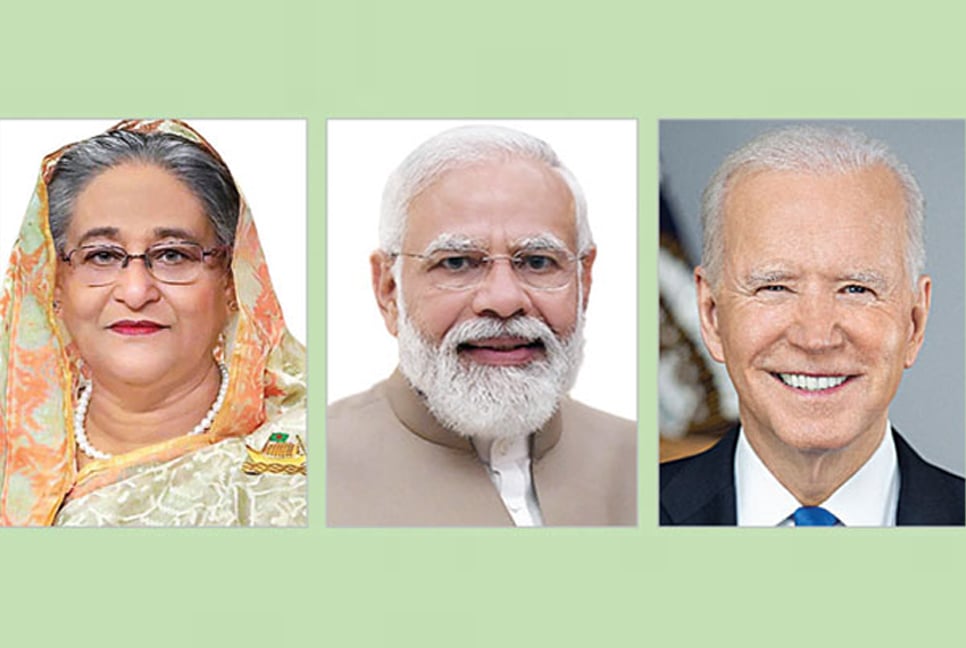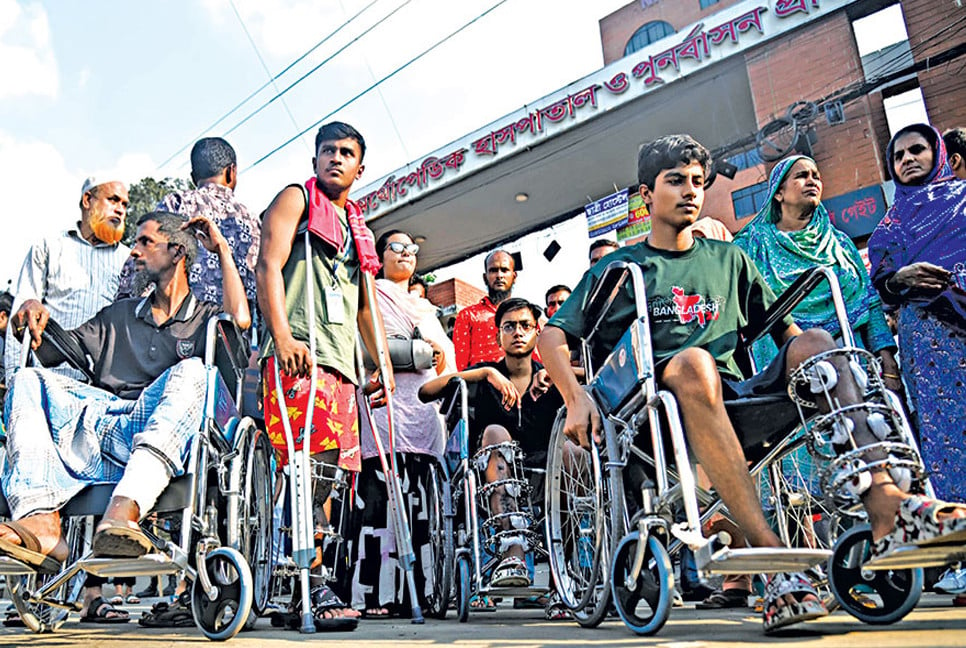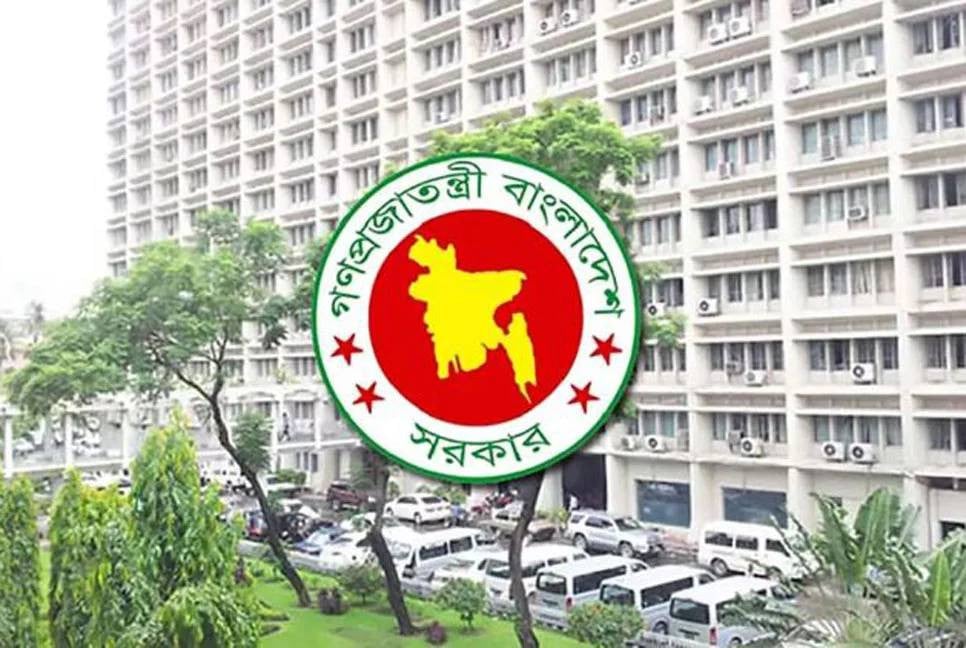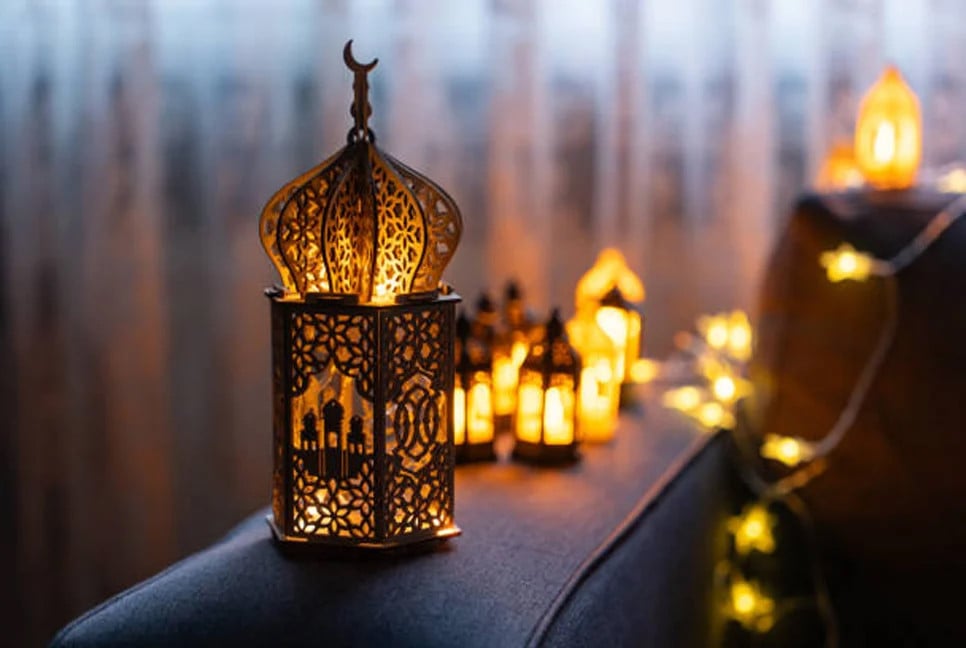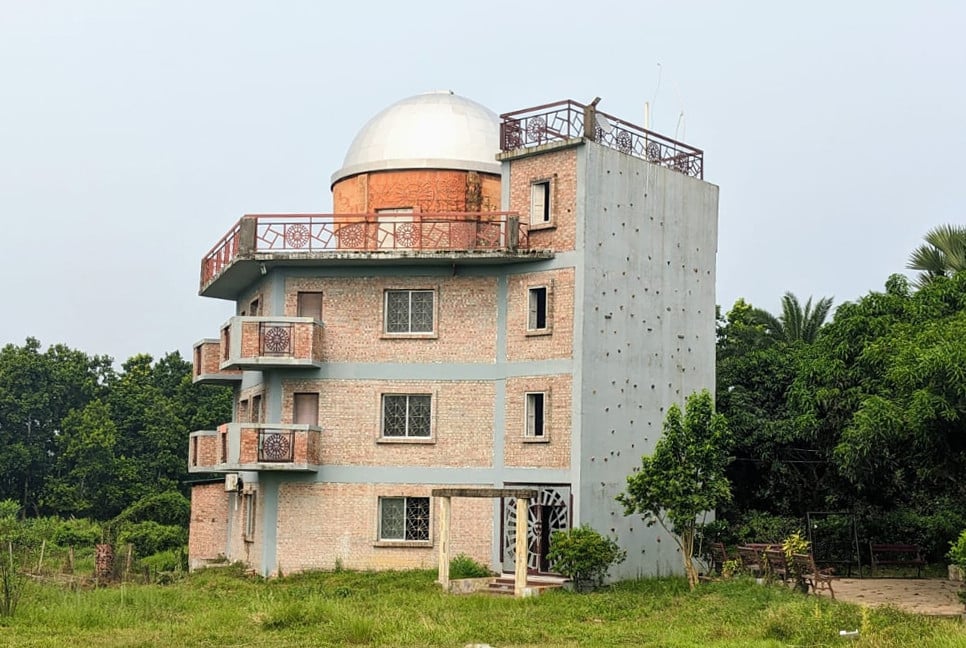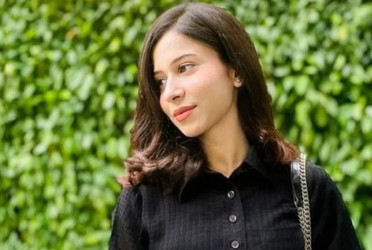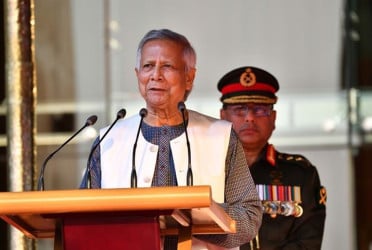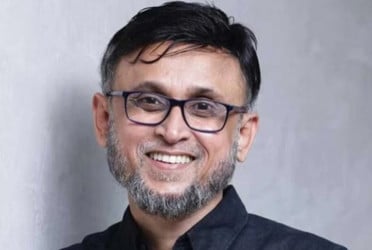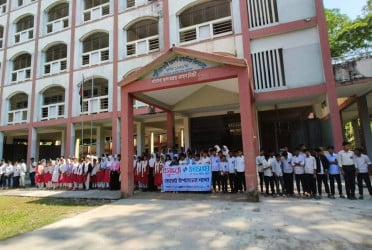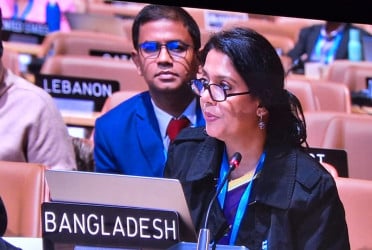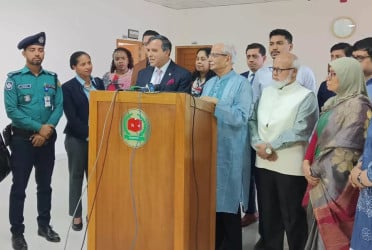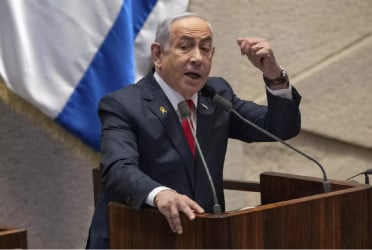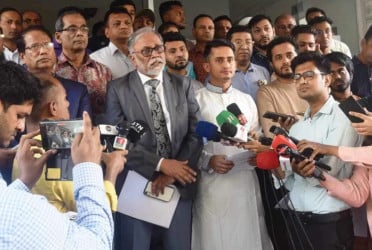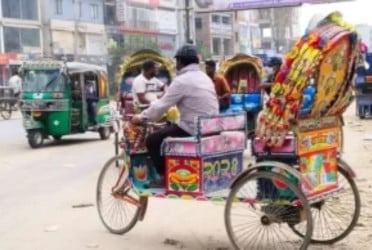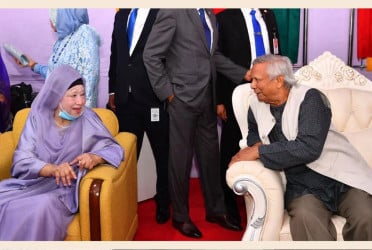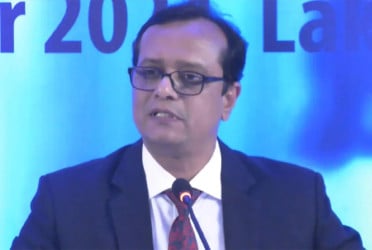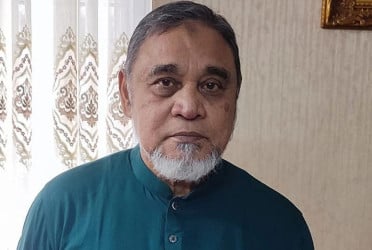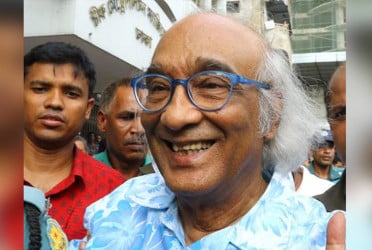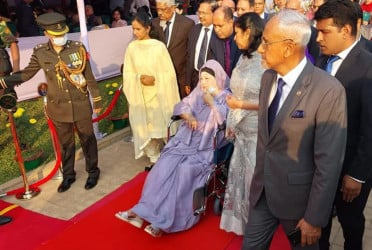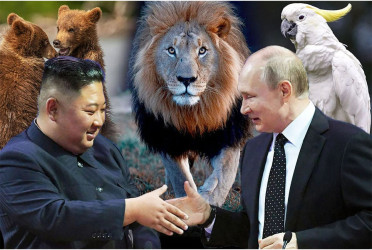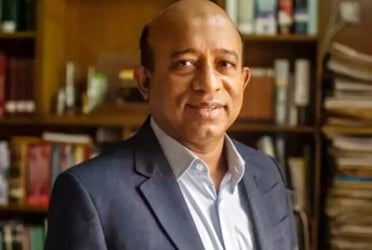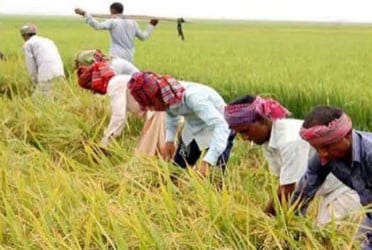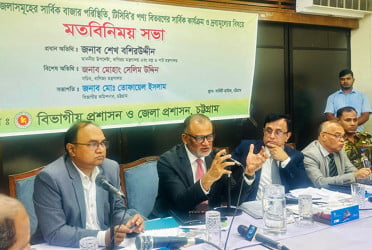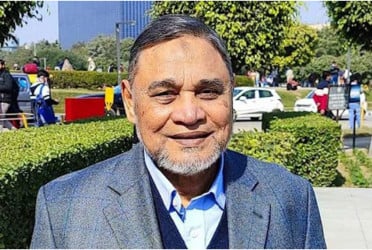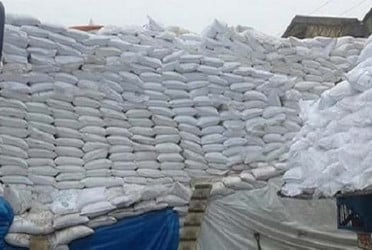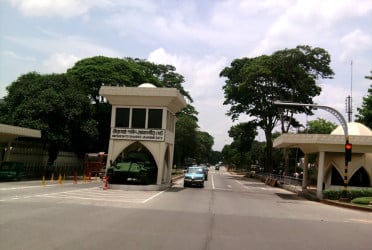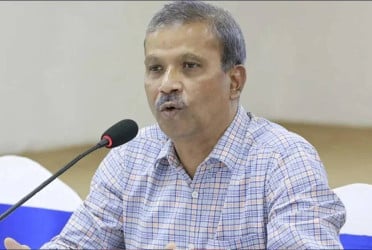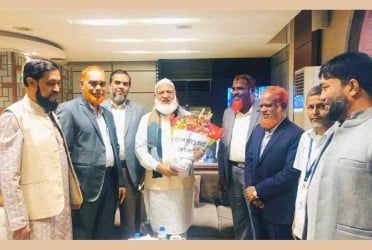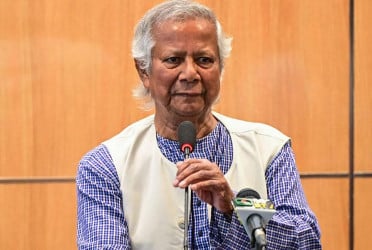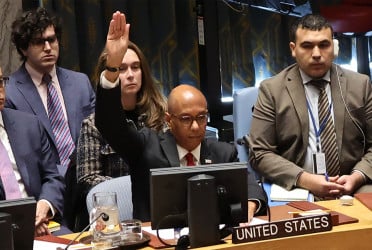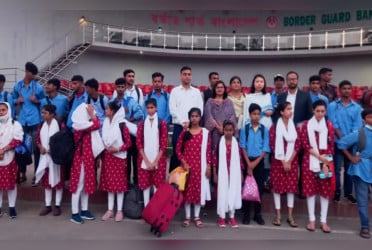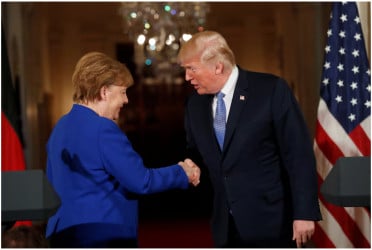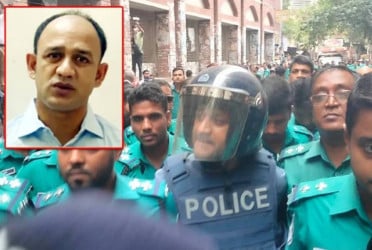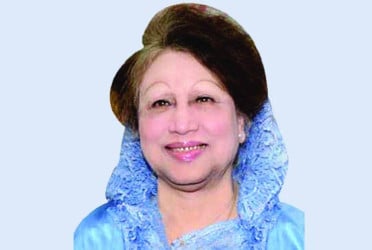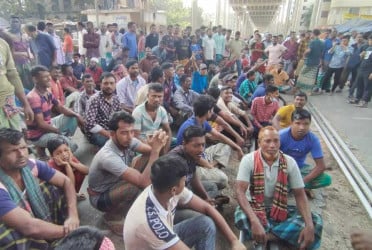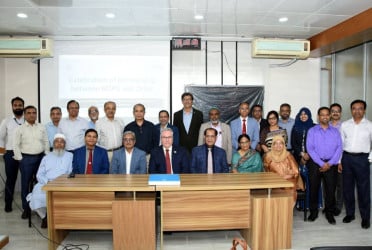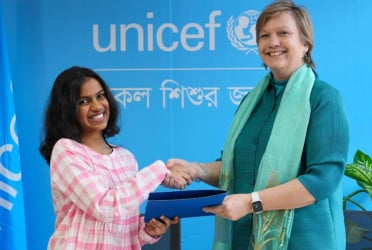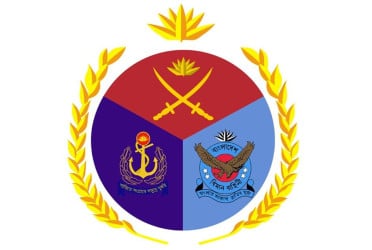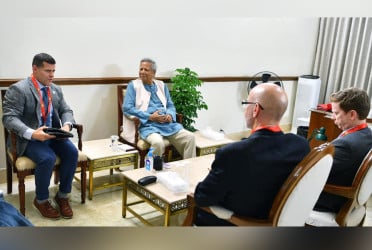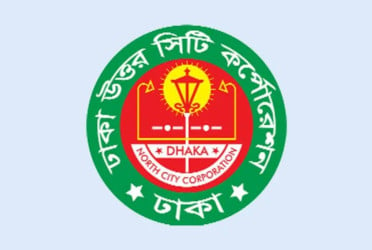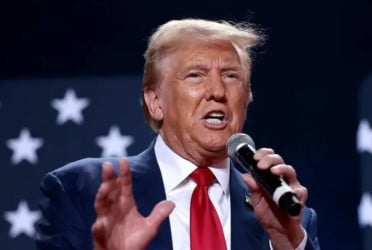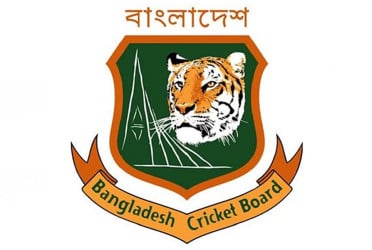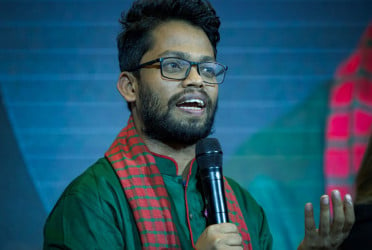Prime Minister Sheikh Hasina is set to visit India for a bilateral summit with Indian Prime Minister Narendra Modi, her final trip before parliamentary elections, with global leaders converging in New Delhi for the G20 summit.
This India visit has garnered attention within the country's political and diplomatic arena as a focal point of interest
However, this visit arrives at a unique juncture, coinciding with the presence of global high-profile leaders and heads of state in New Delhi. World leaders including US President Joe Biden will be present, among other influential nations' presidents and prime ministers. Sheikh Hasina will partake in various formalities of the G20 summit alongside these leaders.
Although there is no direct scheduled meeting with President Biden, there will be sideline meetings with multiple other presidents and prime ministers from different countries.
According to relevant diplomatic sources, Prime Minister Sheikh Hasina will begin her visit on September 8th and conclude it on September 12th. Primarily, she will participate in the G20 Summit's main session in New Delhi, representing developing nations.
While Bangladesh is not a member of this forum, Sheikh Hasina has received an invitation to attend as a guest. Although the bilateral summit agenda between her and the Indian Prime Minister has not yet been finalized, official and private meetings are scheduled during the two-day summit.
Despite the absence of a formal bilateral meeting with President Joe Biden, Hasina is slated to hold discussions with several other presidents and prime ministers of different countries during the summit.
It is worth noting that the G20 member nations include the United States, Canada, the United Kingdom, Russia, China, India, Argentina, Australia, Brazil, France, Germany, Indonesia, Italy, Japan, South Korea, Mexico, Saudi Arabia, South Africa, Turkey, and several European Union countries. India, as the Chair of the G20, has invited guest nations including Bangladesh, Egypt, Mauritius, the Netherlands, Nigeria, Oman, Singapore, Spain, and the United Arab Emirates. Additionally, international organizations such as the United Nations, IMF, World Bank, WTO, WEF, ILO, FSB, and OIC as well as regional organizations like ASEAN, ADB, AIIB, and SAARC have been invited as guests.
The diplomatic sources in New Delhi said, apart from Russian President Vladimir Putin, all other heads of state and government members of the G20 countries are expected to attend in person.
Discussions during the bilateral meeting will encompass various aspects, with a stronger focus on political issues due to increased interest in this regard.
Sources from Dhaka reveal that despite not being a G20 member, India's Prime Minister Narendra Modi has extended an invitation only to Sheikh Hasina in South Asia, emphasizing her pivotal role in strengthening India-Bangladesh relations. Comprehensive discussions on bilateral relations will take place between the two leaders during the formal talks.
The leaders will also evaluate the progress of existing projects and directions within these frameworks. Both countries are actively preparing for these interactions.
During the visit, the inauguration of the Maitree Super Thermal Power Project-2 is also expected. Additionally, the 65-kilometer Khulna-Mongla Port rail link will be inaugurated, along with the Akhaura (Bangladesh)-Agartala (India) rail link. Both Prime Ministers will jointly inaugurate these projects.
Moreover, the Indian government has granted Bangladesh permission to import electricity from Nepal through the Indian grid. Bangladesh is hopeful for similar cooperation from India to import electricity from Bhutan. Discussions will also encompass trade and commerce between the two countries, including the introduction of the Bangladeshi Taka for transactions alongside the Indian Rupee.
However, there is greater political interest within Bangladesh concerning discussions between Hasina and Modi, focusing on the two nations' political matters.
@The report was published in Bengali on print and online versions of The Bangladesh Pratidin on August 28 and rewritten in English by Tanvir Raihan.

